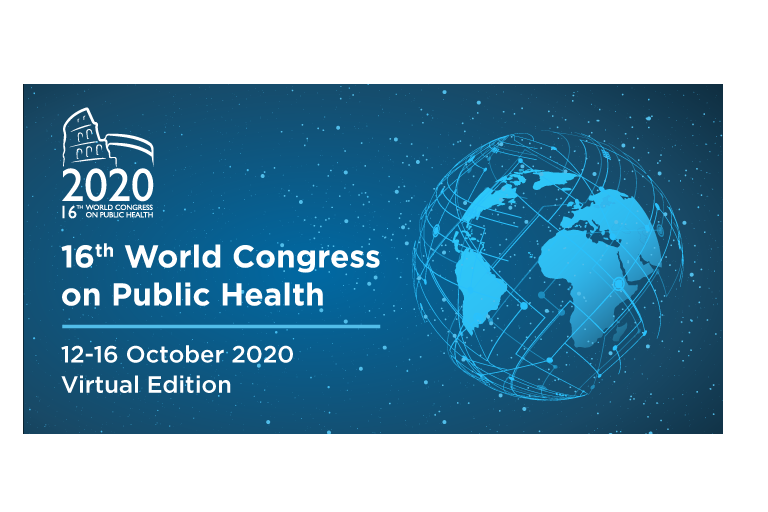With the ICD-10 implementation deadline only three and a half months away, it is beneficial for healthcare providers to continue their last-minute preparations for the coming ICD-10 transition. The Centers for Medicare & Medicaid Services (CMS) includes a variety of tools and resources for providers to utilize when getting ready for the ICD-10 implementation deadline.
From the Road to 10 website to videos and expert columns, CMS is working toward preparing healthcare providers for the coming ICD-10 implementation deadline on October 1, 2015. In a video called “ICD-10: Getting from Here to There – Navigating the Road Ahead,” Dr. Ricardo Martinez, Fellow of the American College of American Physicians, discussed how the International Classification of Diseases (ICD) version 10 is a significant improvement over the more outdated ICD-9 codes being utilized across healthcare facilities today.
The video also went over key steps that small medical practices should incorporate when preparing for the ICD-10 implementation deadline. In particular, providers will need to understand how the new codes will differ from the older ICD-9 codes.
“As a practicing physician, I see the limitations of ICD-9 every day and why input from the medical community into the development of ICD-10 has been so valuable,” Martinez explained. “ICD-9 is outdated – even antiquated by today’s practice standards – and it limits the speed and accuracy with which I can gather information, gain insights, and, more importantly, care for my patients.”
“Today, ICD-9 doesn’t even address laterality, which signifies if a condition affects the left or the right limb,” continued Martinez. “On a professional note, when recently faced with a complex patient who had an acute stroke in history of a previous stroke, we had to search through many old records to determine whether that old stroke was left or right side, wasting valuable time that could have been dedicated to patient treatment. With a single code, ICD-10 will provide us with more detail. Better data makes better care possible.”
“To help small provider practices and other healthcare professionals with the transition to ICD-10, the Centers for Medicare & Medicaid Services is actively working with physicians, industry leaders, and others,” Martinez mentioned. “Healthcare has been using the international classification of diseases for over a century to identify and track diseases and help us improve our care for our patients.”
“Although most of the world transitioned to ICD-10 years ago, the currently used version of ICD-9 is fundamentally unchanged since its implementation in the United States in 1979,” Martinez stated. “One major limitation of ICD-9 is that it predates many modern technological advances and clinical terminology reflecting the use of CT scans, for example, which were also invented in 1979. Therefore, an update was necessary to account for these innovations in medicine.”
“For years, practitioners noted the need for increased specificity within clinical terminology, documentation, and coding to accurately represent the care provided to their patients,” Martinez clarified. “Under sponsorship of the World Health Organization (WHO), a group of physicians developed the basic structure for ICD-10. Then, each specialty provided input on the subset of procedure or diagnosis code needed. Addressing both the changes in medicine and the need for increased specificity, ICD-10 will capture greater detail in the clinical encounter for each patient.”
























